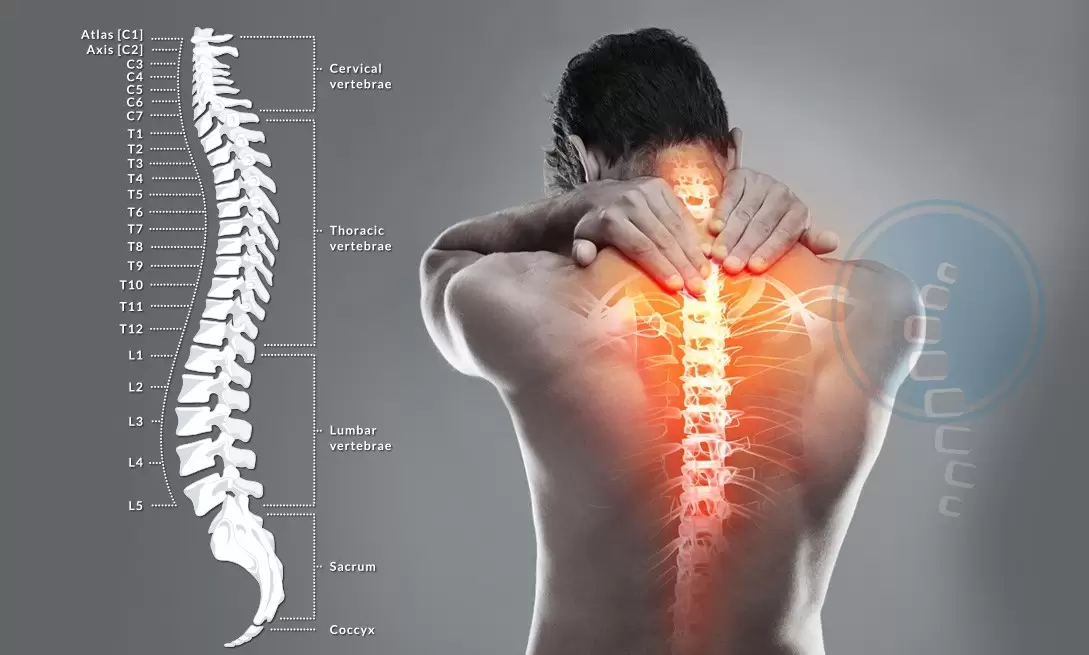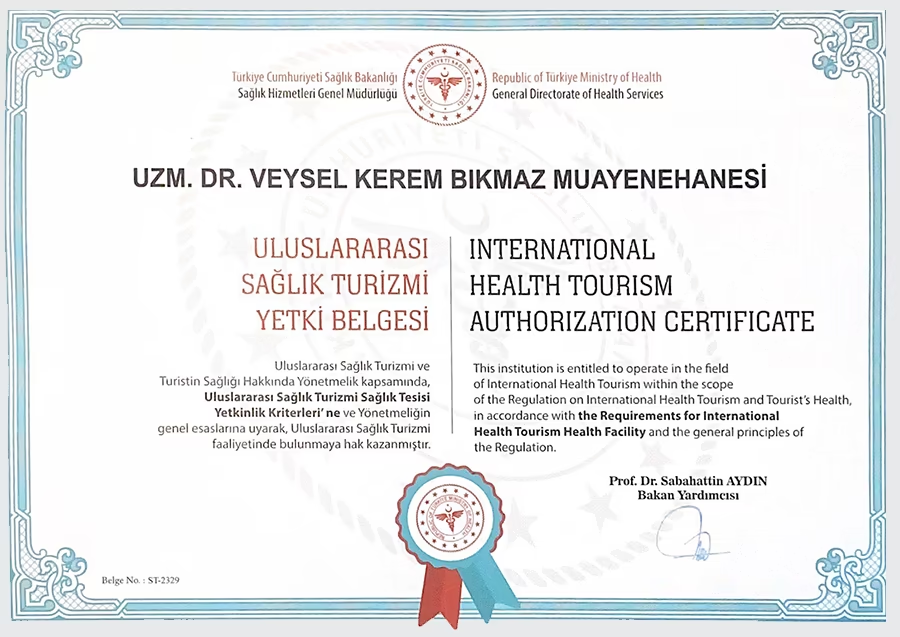
We consider surgery as the last option in the treatment of spinal diseases. INCA offers a wide range of non-surgery treatment options for spinal diseases and injuries.
Treated Spine Problems
- Spinal and cervical disc hernia
- Stricture (spinalstenosis)
- Spinal deformations (scoliosis, kyphosis etc.)
- Waist, neck and back pains
- Spinal and back bone tumors
Frequently Asked Questions
What are spinal cord injuries?
A spinal cord injury usually begins with a sudden, traumatic blow to the spine that fractures or dislocates vertebrae. The damage begins at the moment of injury when displaced bone fragments, disc material, or ligaments bruise or tear into spinal cord tissue. Most injuries to the spinal cord don’t completely sever it. Instead, an injury is more likely to cause fractures and compression of the vertebrae, which then crush and destroy the axons, extensions of nerve cells that carry signals up and down the spinal cord between the brain and the rest of the body. An injury to the spinal cord can damage a few, many, or almost all of these axons. Some injuries will allow almost complete recovery. Others will result in complete paralysis.
What are the Effects of Spinal Cord Injury?
Can People with Spinal Cord Injury Still Have Sex?





